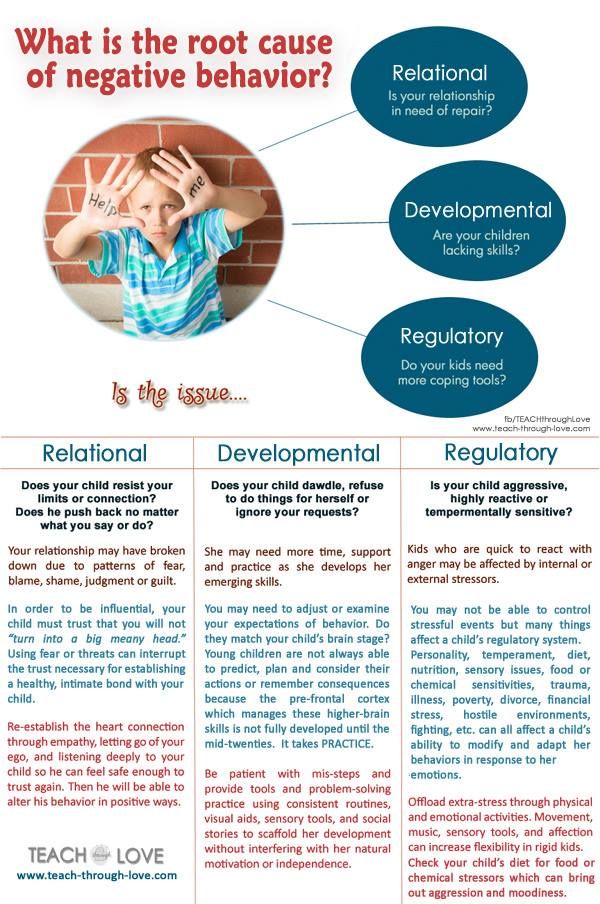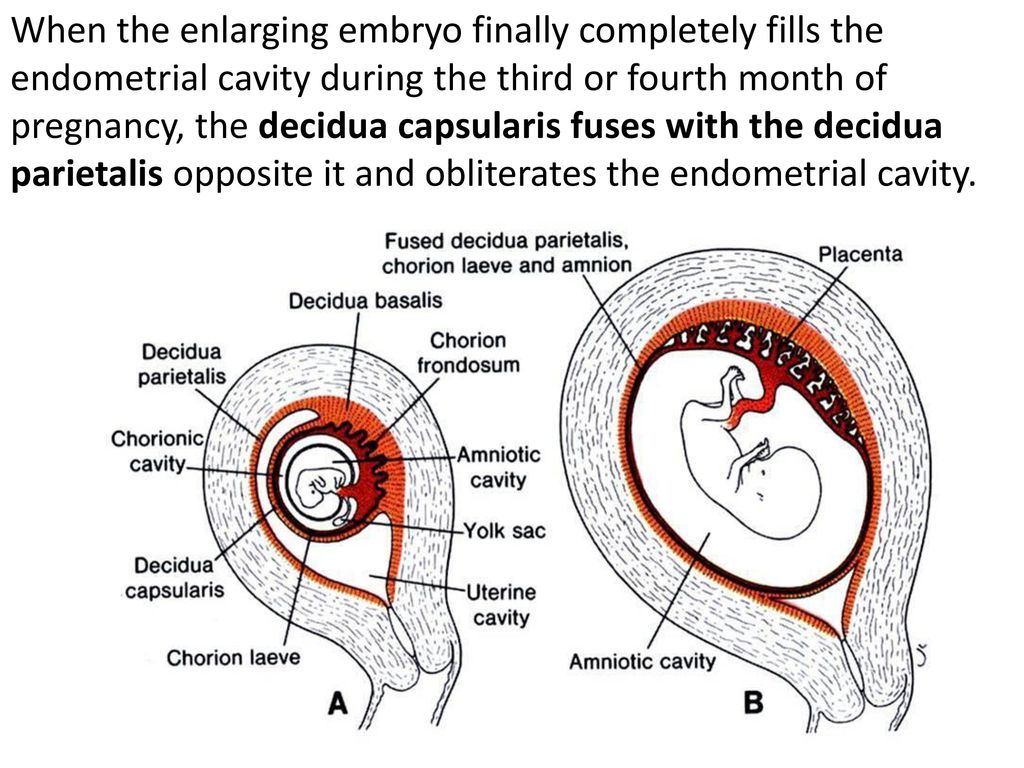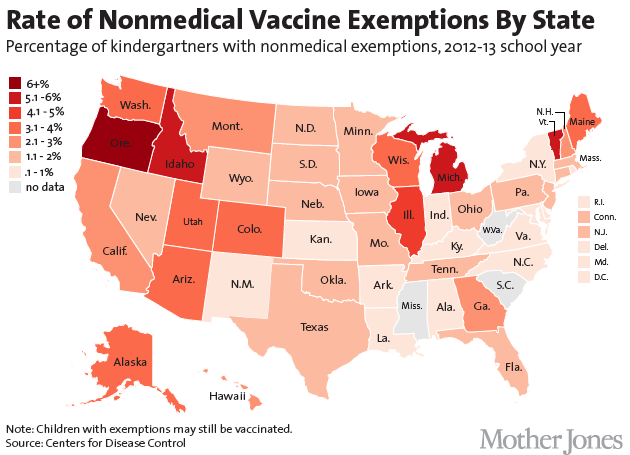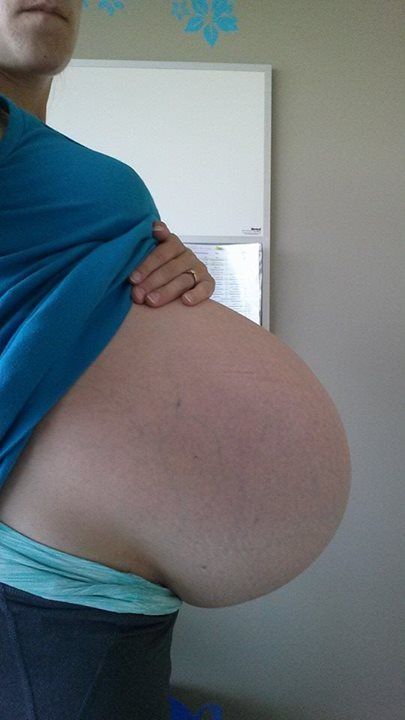How does communication affect child development
Why is communication important and how can communication affect a child's development?
Communication in children is fundamental for growth – it is the foundation of attachment. Language itself is what helps children to form attachments in their early stages of life, and form relationships for the rest of their lives. Children need these skills to make friends,
learn, let people know what they want and to understand how to behave. Communication is the foundation of relationships and is essential for learning, play and social interaction.
Communication difficulties are becoming one of the most common areas of need and support for children in educational settings – over 1 million children in the UK have constant, long-term speech, language or communication needs. Children with these needs do not learn language in the same way as other children. They often need specific teaching and specialist support to develop their communication skills. In areas of poverty, more than half of children start school with delayed language. They may struggle to understand or to make
themselves understood. They also may have smaller vocabulary and poor listening or social skills.
Communication can affect all aspects of a child’s development. Examples of when communication difficulties impact a child’s development could be seen through poor behaviour, having low confidence and periods of shyness or even preferring to stay isolated from others.
If a child has a difficult time trying to understand words they hear, it’s most likely that they will struggle to understand what is being told. Likewise, if a child cannot speak words, they will have more difficulties sounding out, reading and spelling words.
The frustration of not being able to communicate easily or fluently, can result in behavioural needs, bullying or aggression. Behaviour will affect the way children develop alongside others, with the added impact of keeping friends being difficult for those with poor communication skills. As a result, confidence and self-esteem will be majorly affected.
As a result, confidence and self-esteem will be majorly affected.
Language is essential for learning and communication is important because:
- Children
need to have good language skills in order to learn. Talking is key in supporting and extending children’s thinking and advancing their learning and understanding. The ways in which teachers talk to children can influence learning, memory, understanding and
especially, the motivation to learn
- Speech,
language and communication needs are the most common type of special educational need in younger aged children. They attract high levels of parental dissatisfaction with services and identify where high levels of inequity exist
- Most adults
working in primary schools will come into direct contact with children who have communication difficulties every day. Many young people with behavioural difficulties have hidden communication difficulties.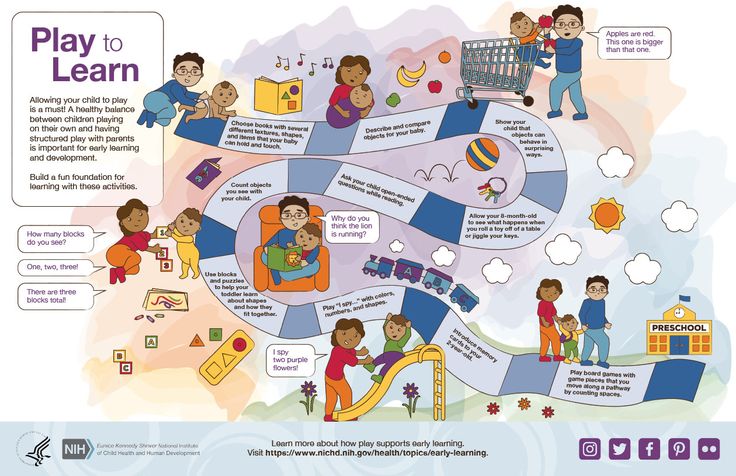 There is evidence that undetected communication needs
There is evidence that undetected communication needs
may put young people at greater risk of exclusion from school
- Speech,
language and communication needs in primary school can seriously affect children’s learning. For example, poor language predicts poor literacy skills and without the right support, between 50% and 90% of children with these persistent communication needs can
go on to have reading difficulties. Vocabulary at age 5 is a very strong predictor of the qualifications achieved at school leaving age and beyond
- Many children
with communication difficulties are withdrawn. This means that they are less likely to start conversations, they play alone more and are often less liked by others in their class
- Some children
show significant behaviour difficulties, which can equally alienate their peers. Additionally, there is evidence to suggest children with speech, language and communication needs are more likely to be bullied
There is a vital need for the educational setting workforce to be skilled and confident in supporting the speech, language and communication development and needs of children and young people across the UK. Training and professional development in speech, language and communication can lead to increased confidence, improved practice and better outcomes for children and young people. Collaborative training is highly valuable for practitioners working with children with SLCN.
Training and professional development in speech, language and communication can lead to increased confidence, improved practice and better outcomes for children and young people. Collaborative training is highly valuable for practitioners working with children with SLCN.
ChatterBug can help support your education settings in creating a communication friendly
environment. A communication friendly environment supports and encourages children’s language and communication skills. Our expert speech and language therapists will help you create a range of strategies within your classroom to support all the different
pupils adapt to their level. To find out more simply contact us today.
Did you know, we also run our in-house bespoke training course which you can find here
https://chatter-bug.com/product/introduction-to-a-communication-friendly-environment/ Our next training course on Introduction to a Communication Friendly Environment will be confirmed in 2021. However, if you would like to arrange this workshop before please contact [email protected] or 0113 240 8510 with your enquiry.
However, if you would like to arrange this workshop before please contact [email protected] or 0113 240 8510 with your enquiry.
Young children and communication - Better Health Channel
Summary
Read the full fact sheet- Positive communication with children means paying attention, respecting the child’s feelings and watching your tone of voice.
- If you have a busy schedule, make sure to allocate some time every day to simply sit and listen to your child.
- Children thrive with words of encouragement and praise.
Parenting is all about communicating with your child. Positive two-way communication is essential to building your child’s self-esteem. While children thrive with words of encouragement and praise, listening to your child boosts their self-esteem and enables them to feel worthy and loved.
It is worth remembering that children can understand language long before they can master speech. You can keep up with your child’s evolving language development by paying daily attention to them.
You can keep up with your child’s evolving language development by paying daily attention to them.
If you set up clear and open communication patterns with your child in their early years, you are setting up good practices for the future.
Positive communication with young children
A child’s ability to manage stress, feel confident and motivate themselves in later life has a lot to do with their early childhood experiences. A person’s ‘self-concept’ is their sense of who they are and how they feel about their place in their family and community. This begins to develop between the ages of two and six years.
Positive relationships between parents and children are an important part of building a child’s positive self-concept. A child who feels constantly blamed, judged and criticised may grow up to become an adult with a negative self-concept.
Listen to your children
If you want your child to be a good listener, make sure you’re a good role model. Take the time to listen to them.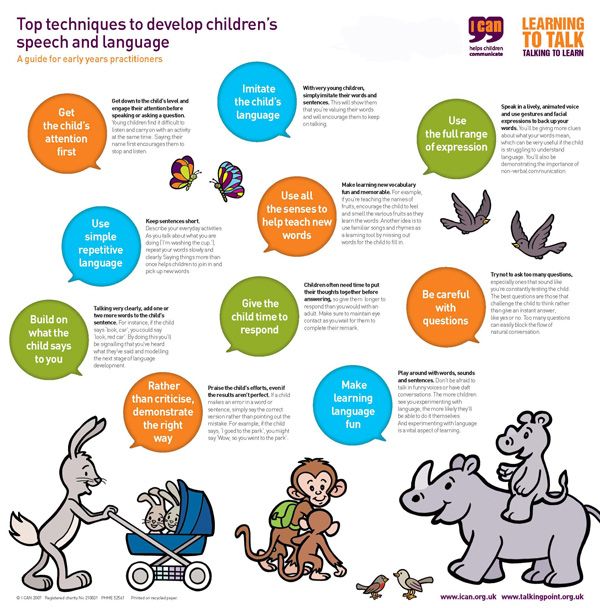 Busy, distracted parents tend to tune out a chattering child, which is understandable from time to time. If you constantly ignore your child, however, you send the message that listening isn’t important and that what your child has to say isn’t important to you.
Busy, distracted parents tend to tune out a chattering child, which is understandable from time to time. If you constantly ignore your child, however, you send the message that listening isn’t important and that what your child has to say isn’t important to you.
Some suggestions include:
- Pay attention to what your child is saying whenever you can.
- Make sure to allocate some time every day to simply sit and listen to your child if you have a busy schedule.
- Encourage your child’s ideas and opinions. Positive communication is a two-way street in which both parties take turns listening and talking.
- Resist the urge to correct their grammatical errors or finish their sentences – concentrate instead on what they are trying to say.
- Allow important or difficult issues to be discussed without the fear of over-reaction, criticism or blame.
Communicating with your baby
A baby’s brain is ‘hard-wired’ to pay attention to the sound of a human voice.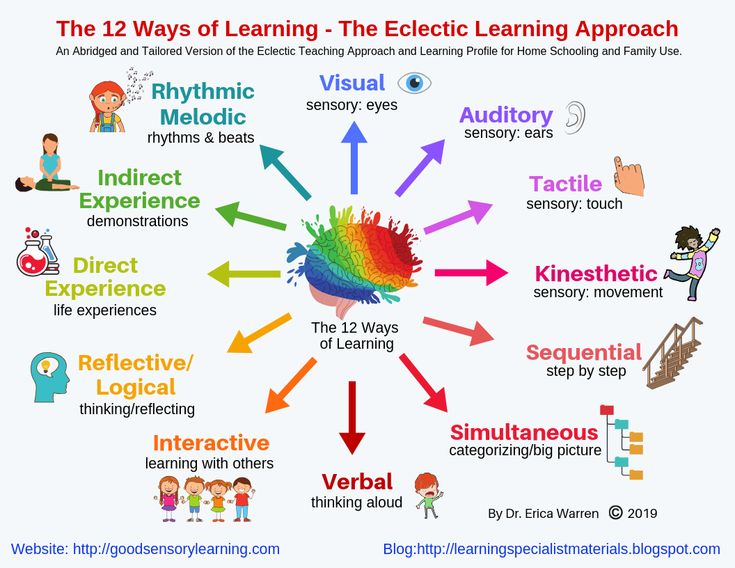 Their mastery of language depends on listening to you speak. Long before your baby can form understandable words, they will respond to you with noises, facial expressions and body language.
Their mastery of language depends on listening to you speak. Long before your baby can form understandable words, they will respond to you with noises, facial expressions and body language.
You can actively listen to your baby and encourage their language development in many ways, including:
- Accept that crying is your baby’s primary method of communication.
- Attend to their needs as soon as you can once they start crying, to let them know they have been acknowledged and understood.
- Spend some time actively listening to your baby’s cooing and noise-making by looking them in the eye and encouraging them with smiles and talk.
- Talk to your baby frequently about anything and everything. You can also read to them from books and the daily paper.
Communicating with your toddler
A toddler may have a vocabulary of two hundred or so words and can start stringing words together to make simple sentences. Mastering grammar and sentence construction is difficult and your toddler will make plenty of mistakes.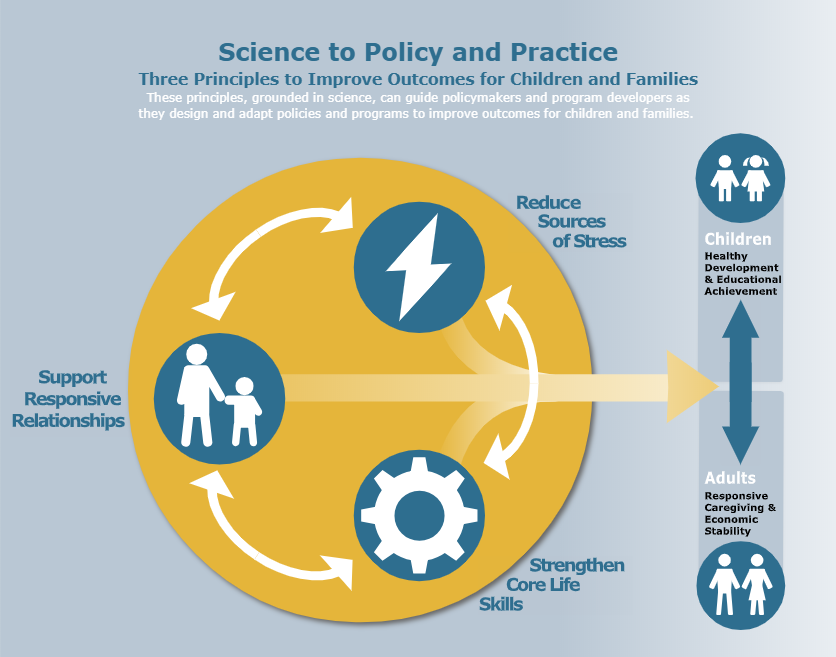
You can encourage your toddler’s language development in many ways, such as:
- It is more important to listen attentively to your child than to correct their grammatical errors.
- Allow your toddler sufficient time to finish what they are trying to say.
- Don’t show impatient body language, such as sighing or foot-tapping.
- Answer any questions using simple language.
- Spend some time each day doing nothing else but talking exclusively with your toddler.
- A child that constantly interrupts adult conversations may be feeling starved of attention.
Communicating with an older child
By the time your child is in their later years of primary school, their language and ability to convey ideas has improved a lot. They even alter their speech to suit the circumstances. They may speak more formally in front of a teacher than they do with family and friends.
You can show that you are actively listening to your older child in many ways, including:
- Make time every day to listen exclusively to your child without distractions.
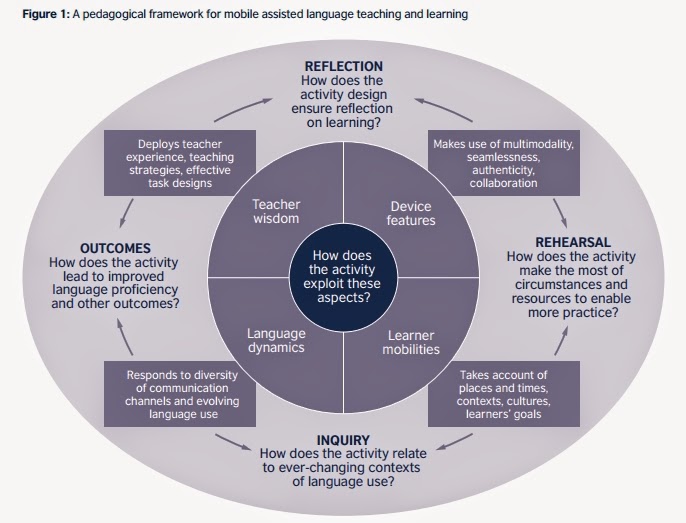
- If your child tends to give ‘yes’ and ‘no’ answers, try asking open-ended questions such as ‘What was the best thing about school today?’
- Allow your child to have differences of opinion and respect their point of view.
- Try not to interrupt, lecture or criticise.
Build up positive self-esteem in young children
Positive, encouraging words help children to feel confident and happy. Suggestions include:
- Notice when they are being good. Praise them for tidying up their rooms or taking turns. Praise reinforces good behaviour.
- Thank them for helping you around the house or at the supermarket.
- Let them know you have faith in their abilities. A child who is constantly told to be careful or that they will hurt themselves will eventually lose confidence in their abilities.
- Allow them plenty of opportunities to do things they enjoy and do well. Feeling competent builds self-esteem.
- Praise their efforts, not just their results.
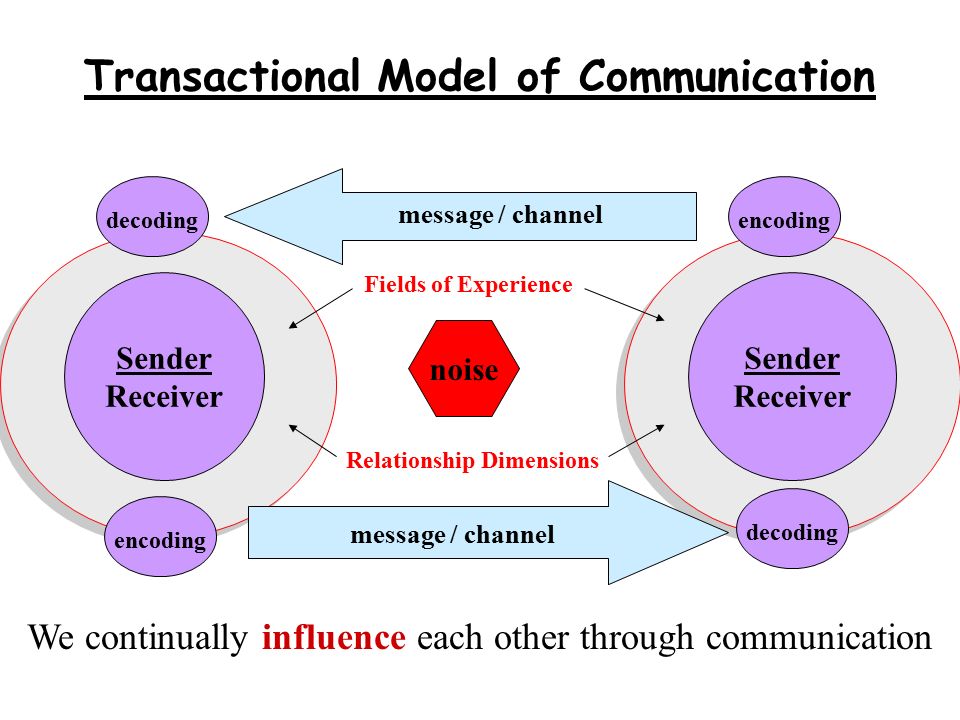 A child needs to know that it is okay to fail.
A child needs to know that it is okay to fail. - Try to avoid always correcting your child’s mistakes. Trial and error are part of every child’s life. Your child may feel discouraged and hopeless if all their efforts are marked or criticised.
- Separate the child from their behaviour. Disapprove of the activity, not the child. For a child’s positive sense of self, it is better to say ‘drawing on the walls was a naughty thing to do’ rather than ‘you’re a naughty child’. Your child needs to know that your love is unconditional.
- Don’t assume that they know how much you love them – tell them often.
- Tell the child what you do want them to do rather than what you don’t. In most cases, it’s simple to turn a negative sentence into a positive one. For example, instead of saying ‘Don’t walk so close to the road’, say ‘Come and walk next to me’.
Body language communication with young children
Actions speak louder than words. Remember that the way you say something is important.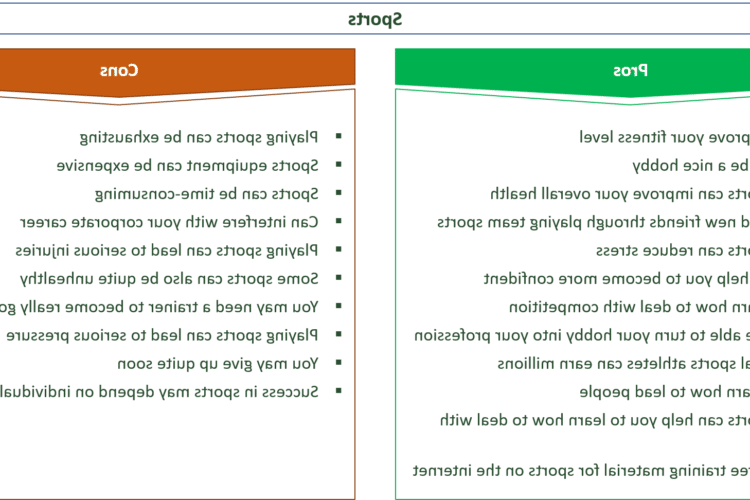 Suggestions include:
Suggestions include:
- Squat down to the same level as the child instead of towering over them.
- Maintain eye contact with young children. Remember, though, that older children and adolescents often don’t like this, so chatting while you’re walking along or driving in the car can be more effective.
- Smile. A child will respond better to a smile than a frown.
- Avoid talking to them when your back is turned or when you are walking away from them.
- Use a gentle tone of voice, especially if tempers are starting to fray. Yelling only encourages more anger.
- Cuddle children often (no matter how old they are).
- Avoid impatient body language like eye rolling, foot tapping or sighing. This can discourage a child from talking.
Positive phrases for young children
Children thrive with words of encouragement and praise. You could say things like:
- Good job
- You did that really well
- I’m very proud of you
- I like playing with you
- That’s a beautiful painting
- That was a great try
- You’re so thoughtful
- Thanks for helping
- You’ve got a great memory
- That’s amazing
- Great idea!
- You did it!
- Let’s play!
Help for family communication problems
There are services available to help families with any type of communication problem.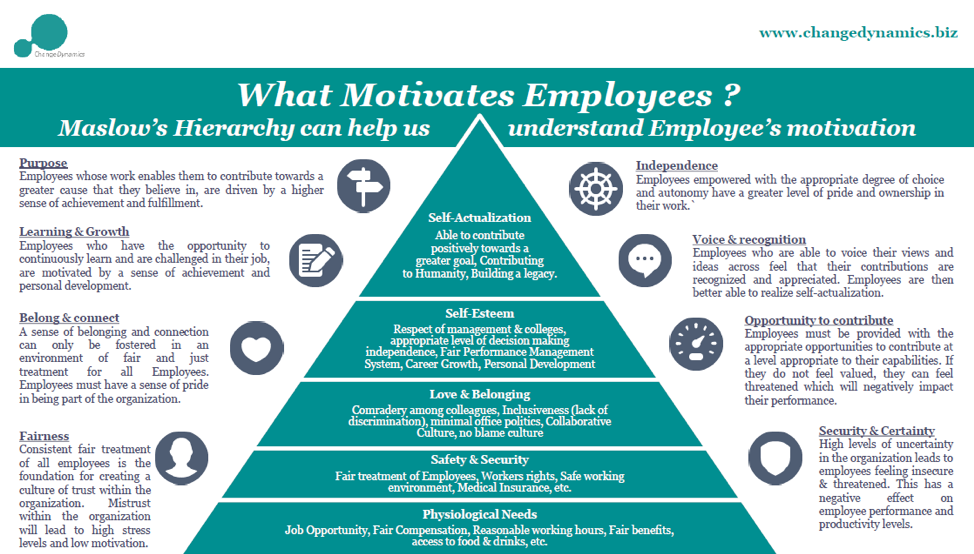 For example, you may need help if:
For example, you may need help if:
- You think your baby or child has difficulty hearing
- Your toddler isn’t speaking at all by two years of age
- Your child doesn’t understand what you say by two years of age
- Your child stutters or has some other form of speech difficulty
- You have problems communicating with your child.
Where to get help
- Your doctor
- Parentline Tel. 132 289
- Family Relationship Advice Line Tel. 1800 050 321 Monday to Friday, 8 am to 8 pm, Saturday, 10 am to 4 pm
- Family counsellor
- Your community health centre
- Maternal and child health nurse
Things to remember
- Positive communication with children means paying attention, respecting the child’s feelings and watching your tone of voice.
- If you have a busy schedule, make sure to allocate some time every day to simply sit and listen to your child.
- Children thrive with words of encouragement and praise.
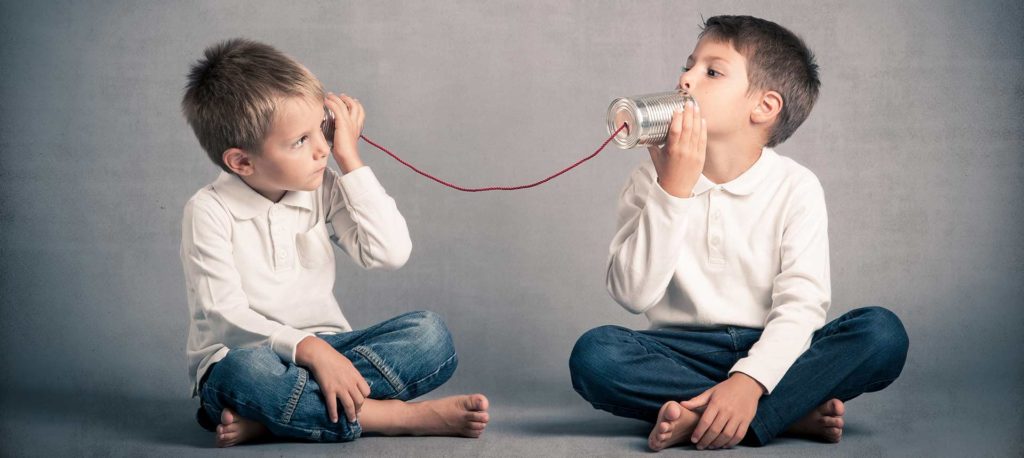
- Young children and communication, Department of Human Services, Victorian Government. More information here.
- Families that work well, ParentLink, ACT Government. More information here.
- Banham V, Hanson J, Higgins A, et al. 2000, Parent-child communication and its perceived effects on the young child’s developing self-concept, Family futures: Issues in Research and Policy, Australian Institute of Family Studies.
- Learning to talk, ParentLink, ACT Government. More information here.
This page has been produced in consultation with and approved by:
The role of communication in the development of the personality of a preschool child
Author : Dyachenko Tatyana Vladimirovna
Rubric : Psychology
Posted by in young scientist №38 (276) September 2019G.
Publication date : 09/19/2019 2019-09-19
Article viewed: 4730 times
Download electronic version
Download Part 1 (pdf)
References:
Dyachenko, T. V. The role of communication in the development of the personality of a preschool child / T. V. Dyachenko. - Text: direct // Young scientist. — 2019. - No. 38 (276). - S. 60-62. — URL: https://moluch.ru/archive/276/62477/ (date of access: 11/26/2022).
In recent years, the problem of developing and strengthening the mental health of children has become actual, this topic has become quite obvious in connection with the growth of neuropsychiatric diseases and functional disorders among preschool children.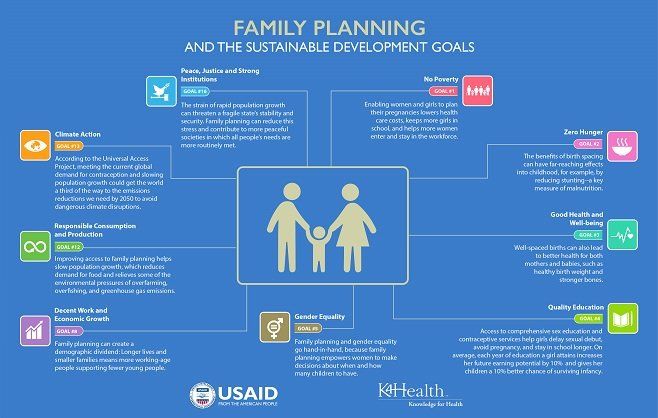
One of the important conditions for the development of the child is his ability to communicate with others. Communication, the ability to establish contact not only with close, significant people for the child, but also harmonious cooperation with peers, allows the child to know himself, stimulates his psychological development and contributes to the formation of personality. Starting from an early age, adults, through communication, transmit a model of the world around them. Through primitive play and storytelling, they communicate about the relationship between people, help to understand the cause and effect relationship. Gradually, the child moves from the zone of influence of significant close people to the zone of contacts with peers. This is where the nature of the mistakes of the adult-child interaction manifests itself. It is the words transmitted by verbal forms of relations and non-verbal ones in the form of actions and actions of adults that determine the further psychological development of the child and his need for communication.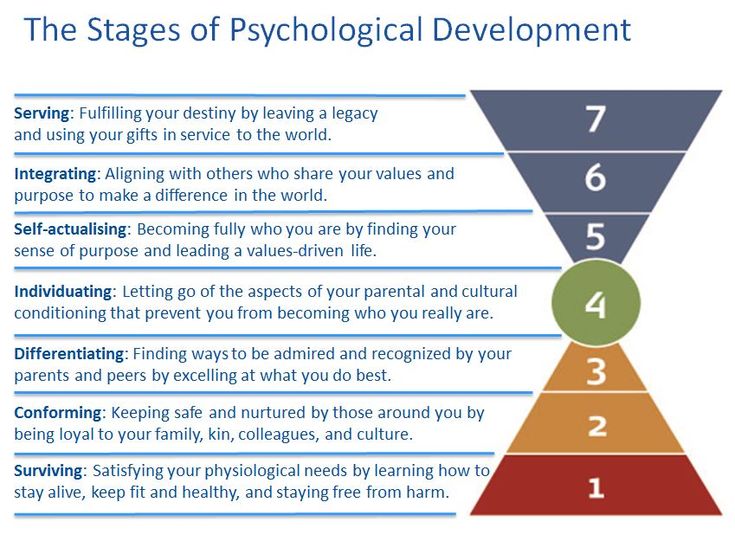 They also contribute to the development of communicative relationships and affect the emotional coloring of these relationships.
They also contribute to the development of communicative relationships and affect the emotional coloring of these relationships.
The older the baby becomes, the more important contacts and conflicts with peers begin to acquire for the child. Interpersonal relationships are acutely experienced by the child and are colored by a wide variety of emotions. The entire experience of the first interpersonal relationships, primarily with peers, lays the foundation for building a child's personality. Experienced emotions determine the attitude to the world, to others, to oneself. As a rule, the formation and consolidation of this experience occurs precisely in the preschool years.
In the last decade, the problems of communication in preschool children have attracted special attention of researchers. The humanistic orientation of education allows the individual to maintain their own characteristics, but at the same time helps to adapt in accordance with the surrounding space.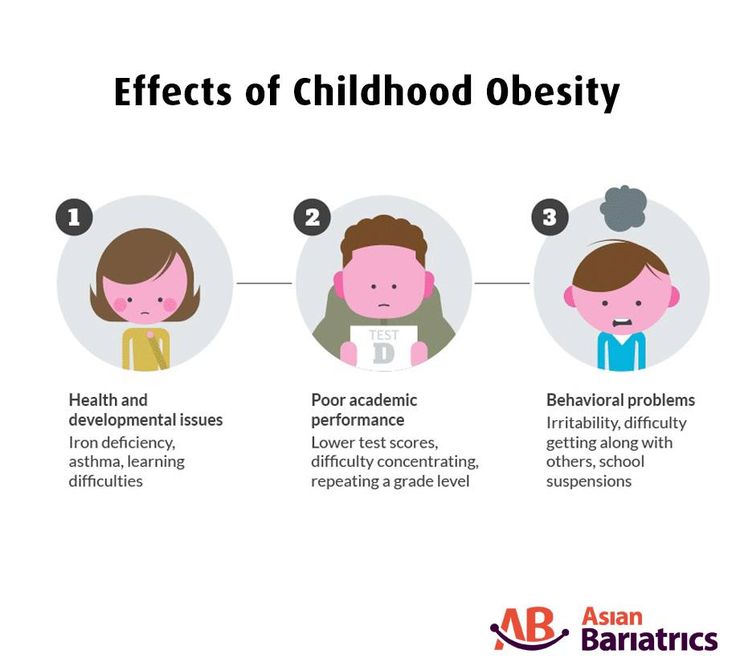 It is the developed communication skills that help a person to live in harmony with himself and society in the future.
It is the developed communication skills that help a person to live in harmony with himself and society in the future.
As you know, preschool children are characterized by play activities. The game for them is not entertainment, as adults usually perceive it and treat it condescendingly. For children, the game is a rather laborious process: after all, in the game it is necessary not only to get acquainted with the rules of the game and agree with the course of the game, but also to force yourself to obey the chosen rules. The result of the game is the success or failure of the child, the satisfaction or bitter feelings received. The ability to cope with emotions, to show will, to subordinate one's behavior to a common goal, to show concentration during the game is the experience of gaming and real relationships, the basis of communication skills. Communication skills are of paramount importance in the development of communicative relationships. It is communication that helps to establish contacts, put into practice various forms of behavior, be able to adapt and correct one's behavior in accordance with the norms of relationships and the expectations of others.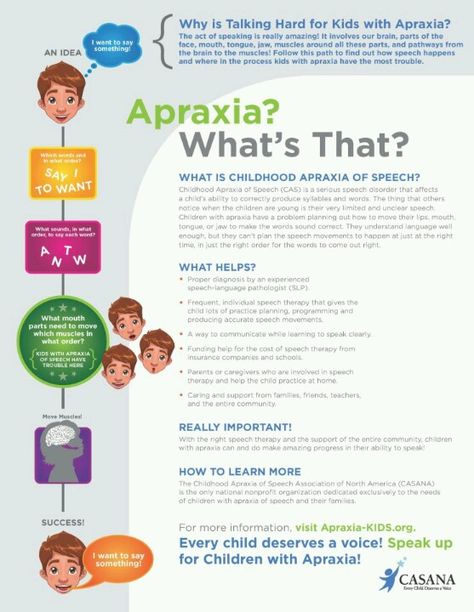
Based on the results of many studies by domestic and foreign scientists, it can be concluded that if a child’s need for communication with peers does not find sufficient satisfaction for him and cannot be compensated in other activities, then the child’s psycho-emotional state contributes to the appearance of negative behavioral traits. The child becomes insecure, loses confidence in peers, shows aggressiveness and rudeness, becomes touchy and capricious.
Insufficient study of the causes of communication disorders in preschoolers does not make it possible to coordinate the influence and role of communication among peers on the further development of the child's personality and the results of his activities. Research in the field of communication disorders among preschool children helps a child at an older age to take on new social roles, overcome adaptation problems associated with changes in the surrounding team and type of activity, as well as a number of other urgent problems that psychological science sets itself to solve.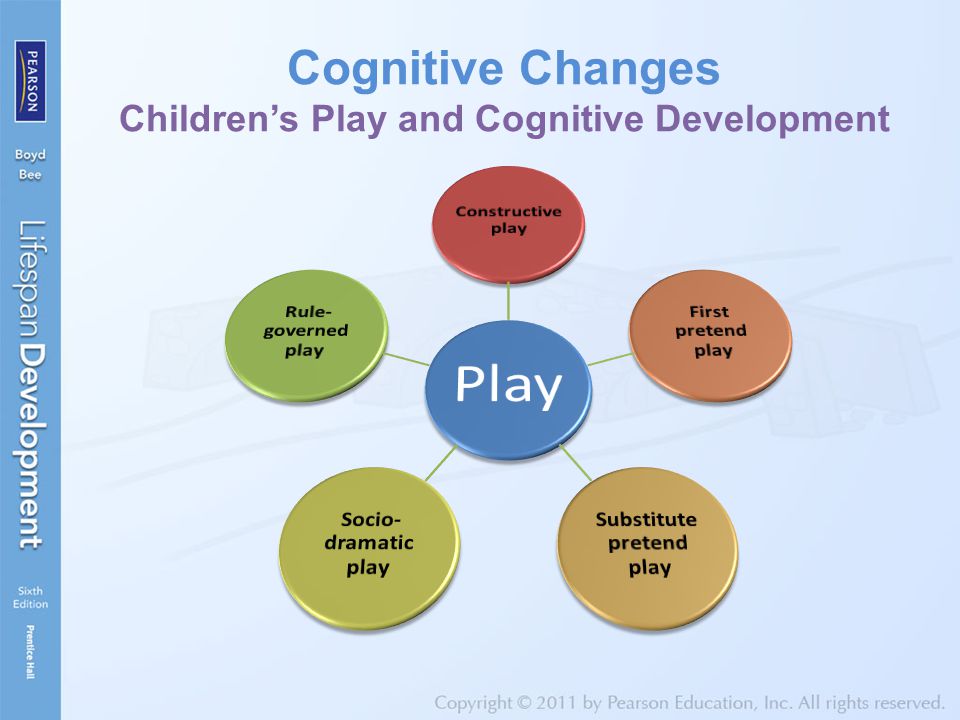
Thus, determining the occurrence of communication disorders in preschool children and diagnosing them play an important role for timely correction and training in ways to harmoniously build relationships with peers. The use of psychotherapeutic technologies gives psychologists the opportunity to help a child cope with communication disorders among peers and adults, restore his emotional balance and, if necessary, eliminate his behavioral disorders. All of these skills will help preschool children overcome relationship difficulties, support the desire for contacts, and contribute to the successful development of relationships with others. The modern world requires specialists of different levels to create and use new methods and psycho-corrective programs aimed at this issue, which is due to the development of the individual mental characteristics of each child.
The preschool period is very important in the upbringing of the child, as it forms all the basic life attitudes.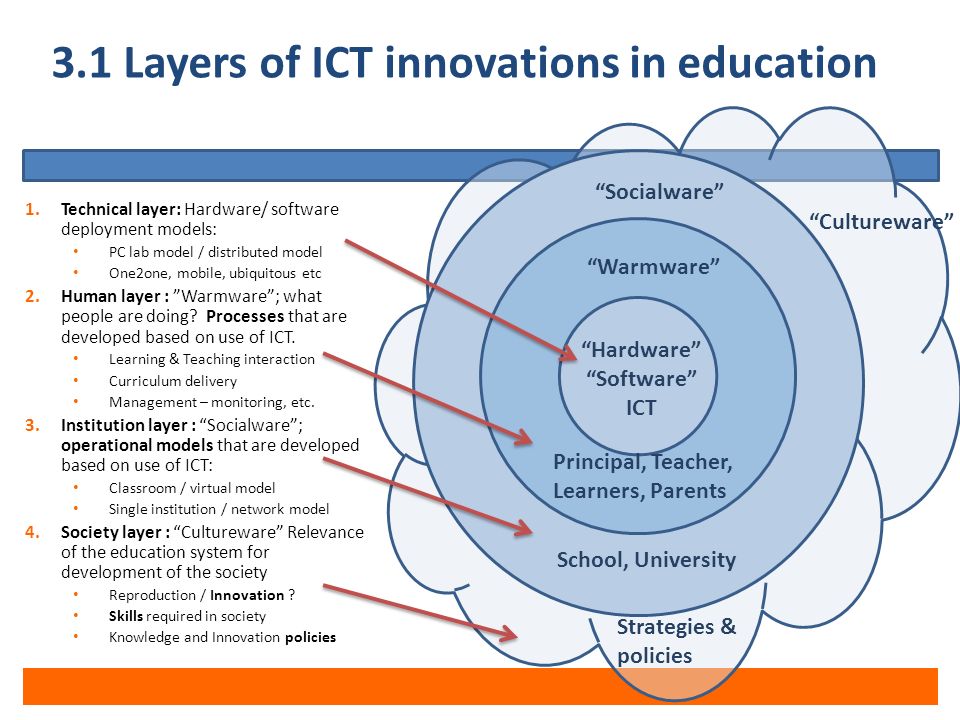 We live in a social world, a world of constant interaction and contacts. The ability to establish harmonious relationships, the ability to communicate in compliance with accepted norms and rules of relationships is the most important skill acquired by a child from childhood. V. A. Sukhomlinsky called for starting any business with the formation of a sense of success: it should be present not only at the end of any action, but also begin with it. The child will start any activity with ease and desire, if his emotional state is colored with positive emotions, if the child’s communication with peers and adults will satisfy his age-related needs. The more the child's connection with the outside world expands, the more complex and deeper the role of communication manifests itself, enriching the child's spiritual life. Summing up, we can say that communication is one of the most important moments that determine the development of a child's personality.
We live in a social world, a world of constant interaction and contacts. The ability to establish harmonious relationships, the ability to communicate in compliance with accepted norms and rules of relationships is the most important skill acquired by a child from childhood. V. A. Sukhomlinsky called for starting any business with the formation of a sense of success: it should be present not only at the end of any action, but also begin with it. The child will start any activity with ease and desire, if his emotional state is colored with positive emotions, if the child’s communication with peers and adults will satisfy his age-related needs. The more the child's connection with the outside world expands, the more complex and deeper the role of communication manifests itself, enriching the child's spiritual life. Summing up, we can say that communication is one of the most important moments that determine the development of a child's personality.
Basic terms (automatically generated) : preschool age, child, peer, contact, communication, environment, attitude, role of communication, skill.
Similar articles
Features
relationship to peers in children preschool ...Communication with peers is a school of social relations (V. S. Mukhina). It encourages overcoming child
2. Babaeva, T. N. Formation of a benevolent attitude children older preschool age to peers in the process of communication ... ... Psychological characteristics of communication children senior...
child , peer , preschool age , relation , Babaevo, Skill , Preschoolbox
It is known that Communication with peers , with by adults not only
Features with peers children premium pre -school -school preemptive age with speech. ..
..
Communication with adults and peers as the main factor...
Preschool Age , Covenik , Child , adult, Relationship , personality formation, Surgery , Communication , joint
The main meaning of joint activities and Communication with adults and peers consists in the child's knowledge of the environment ...
Problem
communication in preschoolers | Article in the collection...Preschool age - the main period in the upbringing of children .
Communication with peers plays the most important role in the life of a preschooler .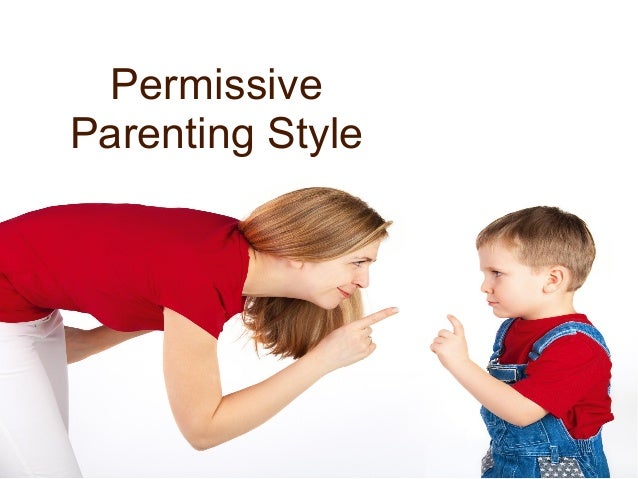 The problem of children's interpersonal relations in preschool age was addressed by many domestic and foreign ...
The problem of children's interpersonal relations in preschool age was addressed by many domestic and foreign ...
Formation of communication skills
preschoolers ...ability children to perceive the effects of partners at Communication and respond to them - social sensitivity, and communicative
Preschool , peer , child , adult, attitude , personality relation , surrounding world , communication ...
Manifestations of shyness in older
preschoolers in the process of... child , peer , preschool age , attitude , Babayevo, skill , preschooler .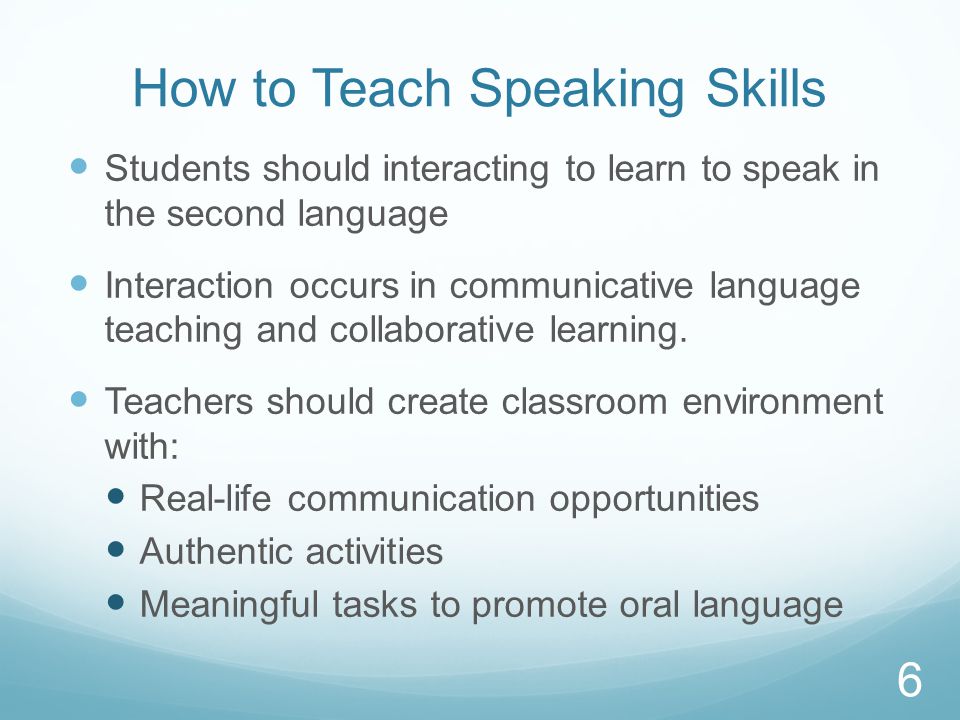
The development of communication skills in children older preschool age is one of the main aspects in the process of their social adaptation in surrounding world .
Features
communication with peers children senior...The article examines the significance of communication children of preschool age , stages of development communication with peers in ontogenesis, features of communication with general underdevelopment of speech with peers
Formation
skills to interact with peers ... child , peer , preschool age , attitude , Babayevo, skill , preschooler .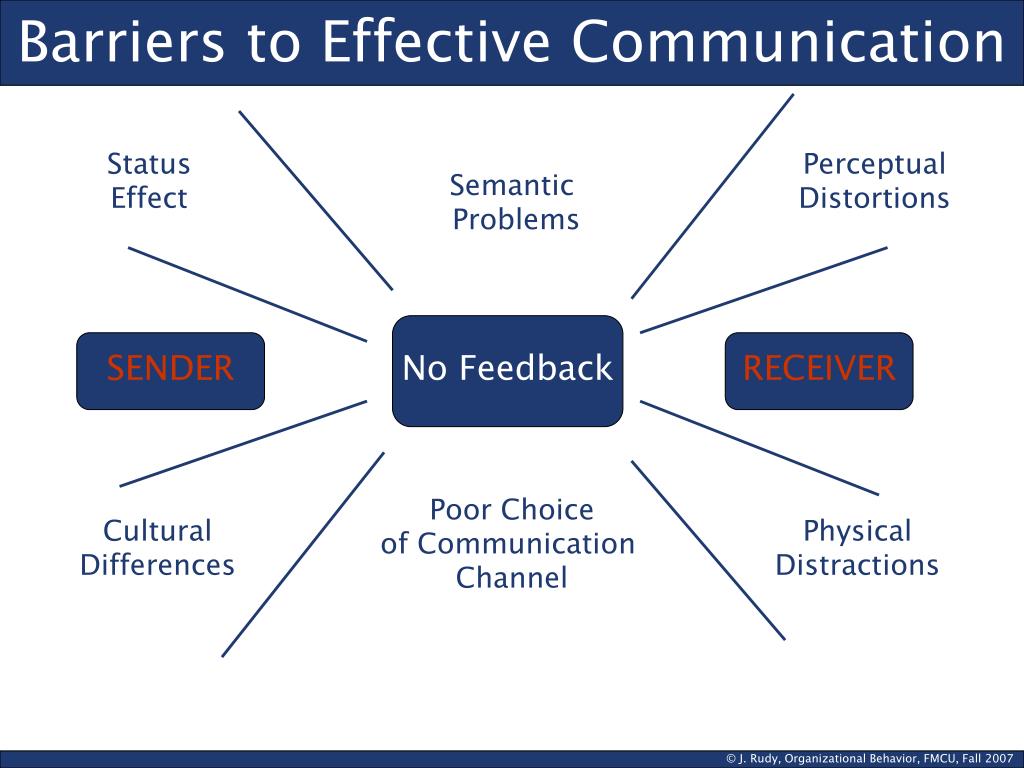 Features communication with peers children older preschool age with
Features communication with peers children older preschool age with
It is known that communication with peers , with surrounding adults not only a condition, but also...
Features
communication in children age | Journal article...The highest achievement in the development of communication in the senior preschool age is the extra-situational-personal form. The content of such communication goes beyond the specific situation of interaction and concerns human qualities, relationships and actions.
Similar articles
Features
relationship to peers in children preschool .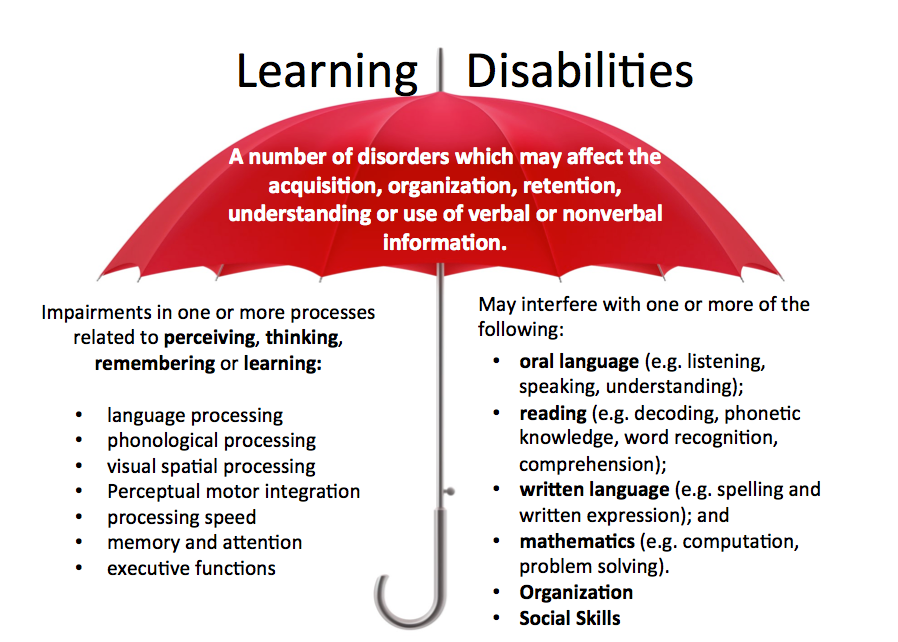 ..
.. Communication with peers is a school of social relations (V. S. Mukhina). It stimulates the child to overcome
2. Babaeva, T.N.0064 senior preschool age to peers in the process of communication ...
Psychological characteristics of
communication children senior...Child , Covenik , Preschool Age , attitude , Babaevo, skill , Preschool
It is known that communication since peers , with surrounding adults not only
Features communication with peers children senior preschool age
. .. Communication with adults and peers as the main factor...
.. Communication with adults and peers as the main factor... preschool age , peer , child , adult, Relationship , personality formation, The surrounding world , Communication , joint
The main meaning of joint activities and Communication with adults and peers consists in knowing by a child around ...
Problem
communication in preschoolers | Article in the collection...Preschool age - the main period in the upbringing of children .
Communication with peers plays the most important role in the life of a preschooler .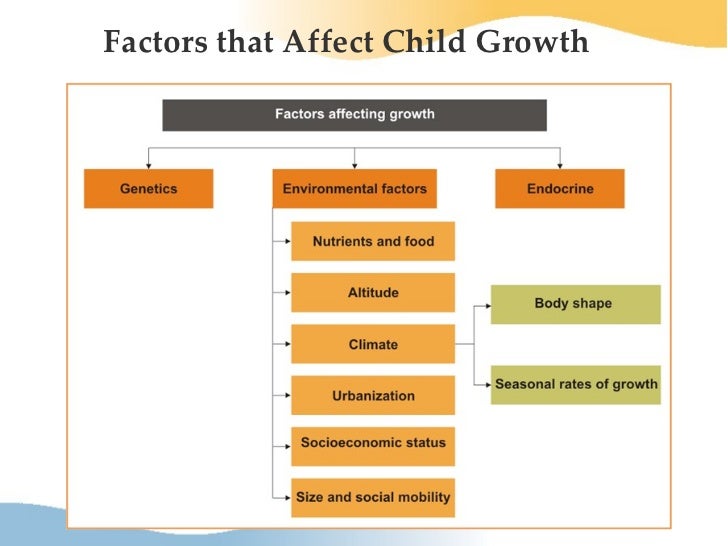 The problem of children's interpersonal relations in preschool age was addressed by many domestic and foreign...
The problem of children's interpersonal relations in preschool age was addressed by many domestic and foreign...
Formation of communication skills
preschoolers ...ability children to perceive the effects of partners at Communication and respond to them - social sensitivity, and communicative
Preschool age , Coven child , adults, Relationship , personality, formation of personality, formation ambient world , communication ...
Manifestations of shyness in older
preschoolers in progress... child , peer , preschool age , attitude , Babayevo, skill , preschooler .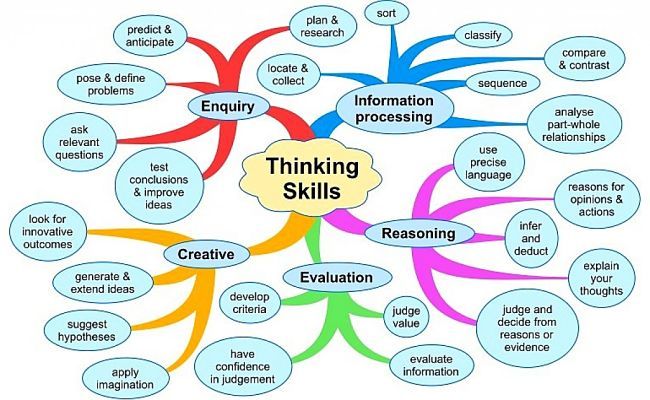
The development of communication skills in older children preschool age is one of the main aspects in the process of their social adaptation in the surrounding world .
Features
communication with peers children senior...The article examines the significance of communication children of preschool age , stages of development communication with peers in ontogenesis, features of communication with general underdevelopment of speech with peers
Formation
skills interact with peers ... child , peer , preschool age , attitude , Babayevo, skill , preschooler .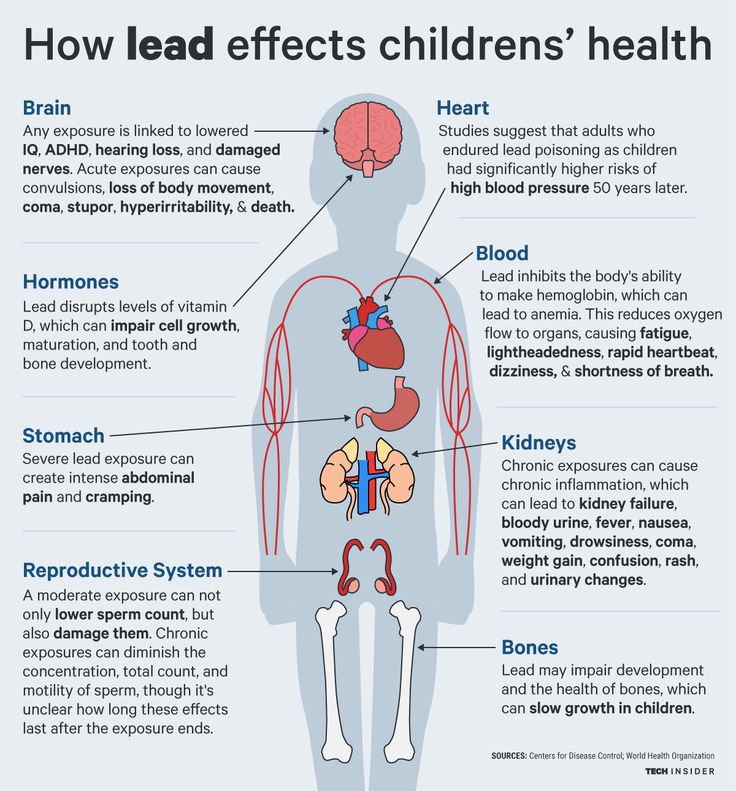 Features communication with peers children senior preschool age with
Features communication with peers children senior preschool age with
It is known that communication with peers not only, but other conditions, but others0005 The highest achievement in the development of communication in the senior preschool age is the extra-situational-personal form. The content of such communication goes beyond the specific situation of interaction and concerns human qualities, relationships and actions. The role of communication in child development The role of communication in childhood is especially great. Life sometimes arranges cruel experiments, depriving young children of the necessary communication with loved ones when, for one reason or another, they are deprived of parental care. The consequences of such cases are tragic: at the age of 3-5, children do not have the simplest skills of self-care, they do not speak, they do not walk, they show amazing passivity. Even if children are not completely deprived of human communication, but do not have its proper completeness and quality, the consequences are very sad - children are significantly behind in their mental development and have serious problems in the development of their personality. Lack of necessary communication is also possible in favorable conditions, when children are deprived of their parents' attention, emotionally separated from them. Sometimes it seems to us, adults, that the mental development of a child occurs as if by itself: children grow up, become stronger, smarter, and the role of adults is to create the necessary conditions for their protection and safety: to protect them from harmful influences, to feed, dress them, keep them warm, provide them with clothes and toys, etc. But this is not so. Communication with close adults is not only a condition that helps children live and grow normally, it is the main source, the engine of mental development. Numerous psychological studies show that communication between a child and an adult is the main and decisive condition for the formation of all mental abilities and qualities of a child: thinking, speech, self-esteem, emotional sphere, imagination, etc. The level of future abilities of a child, his character, his future. But the main thing is not even that. But, unfortunately, children often experience a lack of necessary communication both in the family and in kindergarten. Quite often, the child does not have meaningful connections with his parents, or he lacks positive emotional contacts with peers, or the teacher dislikes him. Such inferior, deformed communication, of course, has a negative effect on the formation of the child's personality and on his mental development. In order for adults who are responsible for the fate and development of children to prevent the harmful consequences of a lack of communication in time, they need to understand well what communication is and what role it plays in different periods of childhood. This text is an introductory fragment. The role of play in child development Time flies, and your baby is constantly expanding the scope of his interests and mastering new knowledge and skills. He no longer lacks the knowledge that objective activity allowed him to obtain. Therefore, at a new stage of development, a new way comes Help in the development of the creative abilities of the child Perhaps every parent would like to raise their child as a creative person. The necessary components of creativity are the free flight of the imagination, the ability to fantasy, intuition, which can pour out Features of communication between a child and an adult Acquaintance with the purpose of various objects, mastering the cultural ways of handling them is the main content of the life of a young child. The formation of the child's communication with peers Interest in other children in a child begins to appear very early, already in the first year of life. Toddlers look with curiosity at their peers in a stroller or in their mother's arms, smile at each other, try to touch their hands or faces. Chapter 1 1.1. The concept of "form of communication" The outstanding domestic psychologist M. Lisina considered the communication of a child with an adult as a kind of activity, the subject of which is another person. Like any other activity, Chapter 2 For the development of full-fledged communication of children, the formation of humane relations between them, the mere presence of other children and toys is not enough. The formation of communication between a child and an adult The mental development of a child largely depends on how his communication with surrounding adults develops. It is known that the absence or deficiency of communication causes in children who are healthy from birth a severe disorder both mental, The role of massage in child development • Massage promotes the healthy growth of an infant and plays an important role in its physical and mental development. Blood circulation improves and the child's immune system is strengthened.• It is massage that allows the child and parents to know better The role of the father in the psychological development and upbringing of young children The earliest beginning of communication between father and child is one of the most important conditions influencing their future mutual affection. The role of a grandmother in raising a child The word "grandmother" is in all languages, but only in Russian it is filled with a special meaning. Until recently, in our country, due to certain social conditions, it was grandparents who helped their children raise their children, replacing children's Books for children. The role of fairy tales in child development Books are harmful and useful for the child's psyche. The meaning of a favorite fairy tale in choosing a life path. Most parents know the importance of reading books to their children. They are aware of how necessary it is for the development of babies. But far from Importance of a child's interaction with other children For the normal development of your baby, pay more attention to his communication with other children. Features
communication in children age | Journal article... The role of communication in the development of the child. Communication of preschoolers with adults and peers. Study Guide
 For a small child, his communication with other people is not only a source of various experiences, but also the main condition for the formation of his personality, his human development.
For a small child, his communication with other people is not only a source of various experiences, but also the main condition for the formation of his personality, his human development.  As a result of such a separation, especially if it occurs in the first years of a child's life, more or less severe problems often arise in the mental development of children. It has long been noted that children who grow up in a lack of contact with an adult (for example, in children's homes), as a rule, lag behind in their mental and personal development. Why is it so? After all, it would seem that medical care, nutrition and physical care are no worse than in ordinary kindergartens.
As a result of such a separation, especially if it occurs in the first years of a child's life, more or less severe problems often arise in the mental development of children. It has long been noted that children who grow up in a lack of contact with an adult (for example, in children's homes), as a rule, lag behind in their mental and personal development. Why is it so? After all, it would seem that medical care, nutrition and physical care are no worse than in ordinary kindergartens. 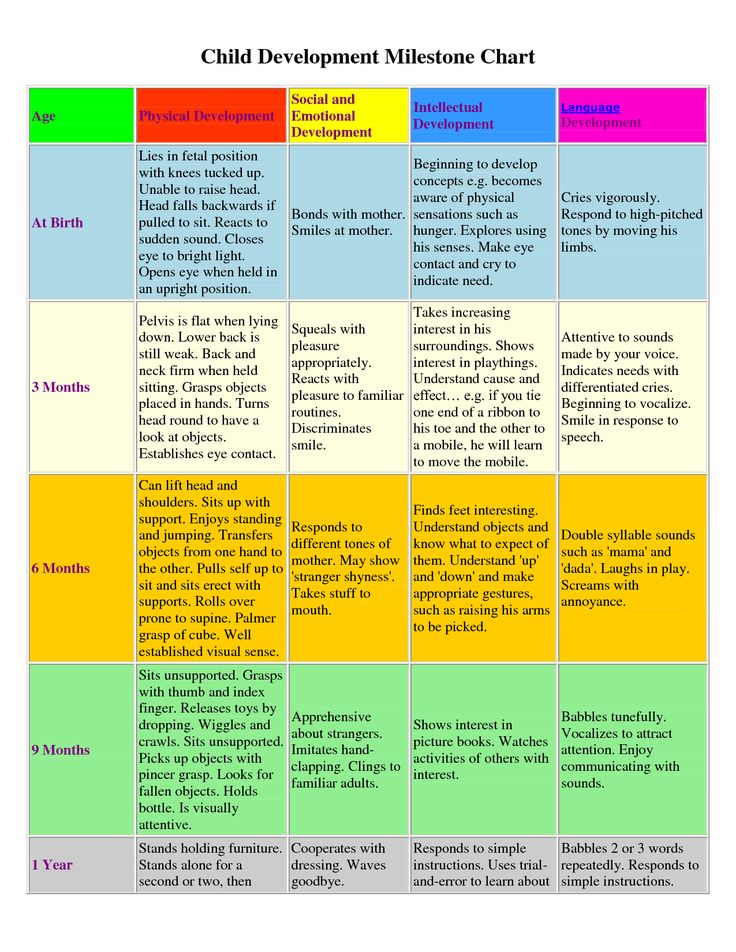 The experience of the first relationships with other people is the foundation for the further development of the child's personality. This first experience largely determines the characteristics of a person's self-consciousness, his attitude to the world, behavior among people and well-being. A child cannot become a normal person if he does not master those abilities, knowledge, skills, relationships that exist in a society of people. By itself, a child will never learn to speak, use objects, think, feel, reason, no matter how well he is dressed and fed. He can master all this only together with other people and only through communication with them.
The experience of the first relationships with other people is the foundation for the further development of the child's personality. This first experience largely determines the characteristics of a person's self-consciousness, his attitude to the world, behavior among people and well-being. A child cannot become a normal person if he does not master those abilities, knowledge, skills, relationships that exist in a society of people. By itself, a child will never learn to speak, use objects, think, feel, reason, no matter how well he is dressed and fed. He can master all this only together with other people and only through communication with them.  The personality of the child, his interests, self-understanding, his consciousness and self-awareness can arise only in relations with adults. Without love, attention and understanding of close adults, a child cannot become a full-fledged person. It is clear that he can receive such attention and understanding first of all in the family.
The personality of the child, his interests, self-understanding, his consciousness and self-awareness can arise only in relations with adults. Without love, attention and understanding of close adults, a child cannot become a full-fledged person. It is clear that he can receive such attention and understanding first of all in the family. 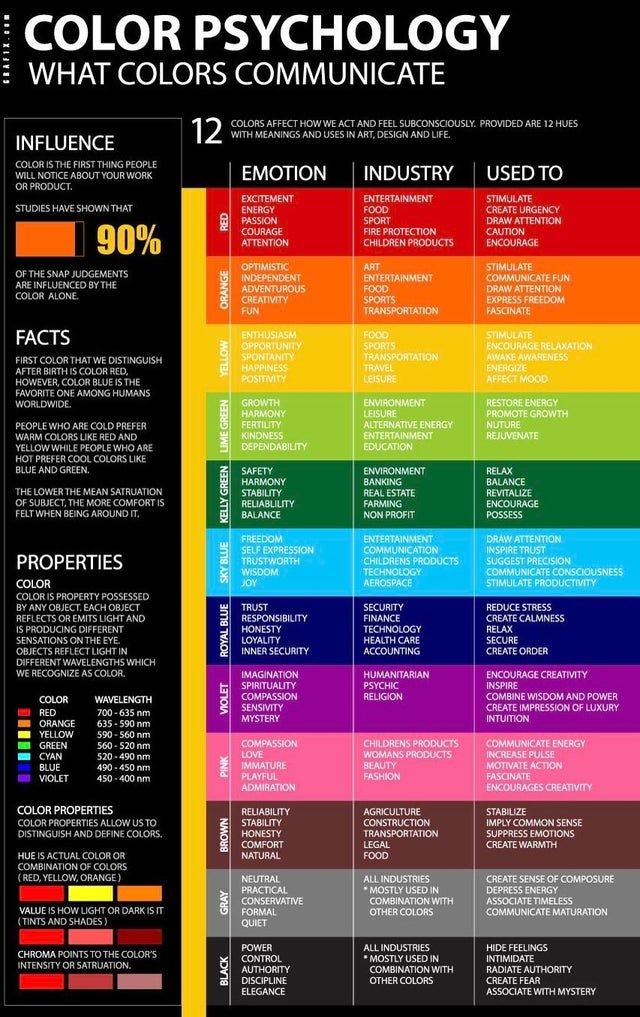
Role of play in child development
Help to develop the child's creative abilities
Peculiarities of communication between a child and an adult
 Psychologists call this activity leading, because
Psychologists call this activity leading, because The development of a child's communication with peers
Chapter 1. Development of communication between a child and an adult
Chapter 2. The role of an adult in the development of communication between preschoolers and peers
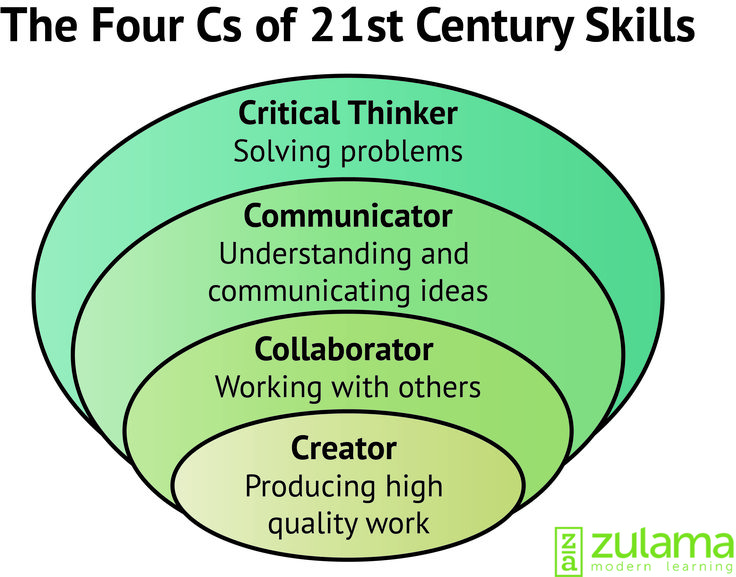 The experience of attending a kindergarten or nursery in itself is not
The experience of attending a kindergarten or nursery in itself is not Development of communication between a child and an adult
The role of massage in child development
The role of the father in the psychological development and upbringing of young children
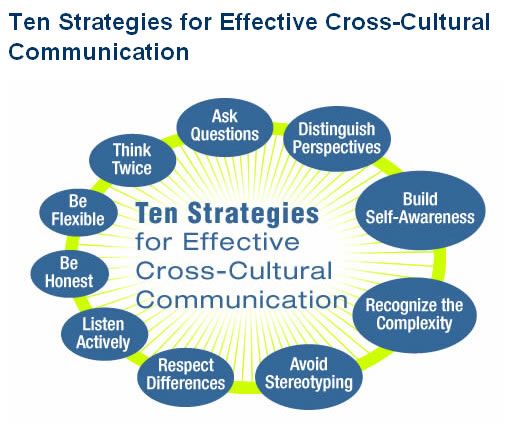 It is known that babies whose fathers spoke to them as early as
It is known that babies whose fathers spoke to them as early as The role of a grandmother in raising a child
Books for children. The role of a fairy tale in the development of a child
Importance of a child's communication with other children
